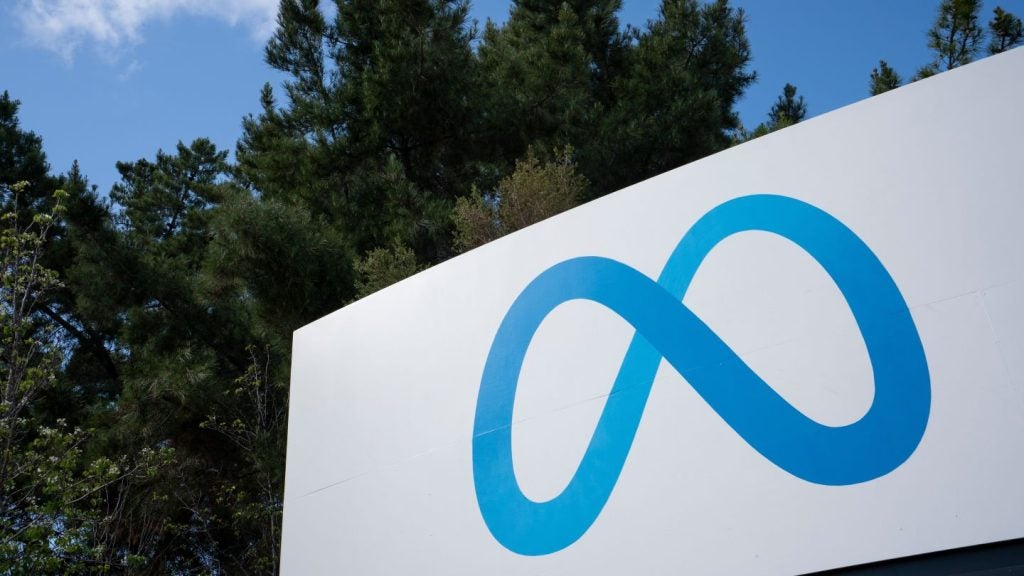The technology industry continues to be a hotbed of patent innovation. Activity is driven by the surge in data-intensive applications, the proliferation of IoT devices, and the need for seamless connectivity in industries like healthcare, autonomous vehicles, and smart cities, and growing importance of technologies such as beamforming, massive multiple input multiple output (MIMO) , and dynamic spectrum sharing, all contributing to the enhanced performance and capacity of 5G networks. In the last three years alone, there have been over 1.5 million patents filed and granted in the technology industry, according to GlobalData’s report on 5G in technology: wireless traffic scheduling. Buy the report here.
According to GlobalData’s Technology Foresights, which uses over 1.6 million patents to analyze innovation intensity for the technology industry, there are 185+ innovation areas that will shape the future of the industry.
Wireless traffic scheduling is a key innovation area in 5G
Dynamic time-slot allocation is a technique employed in wireless communication systems to adaptively distribute transmission opportunities in accordance with the specified session parameters from networked applications. This adjustment is made without the need for continuous requests, and the session parameters may involve aspects like flow control, quality-of-service needs, bandwidth demands, and the type of application. The objective is to flexibly and optimally allocate resources to align with the upper-layer resource needs and traffic dynamics within the system.
GlobalData’s analysis also uncovers the companies at the forefront of each innovation area and assesses the potential reach and impact of their patenting activity across different applications and geographies. According to GlobalData, there are 670+ companies, spanning technology vendors, established technology companies, and up-and-coming start-ups engaged in the development and application of wireless traffic scheduling.
Key players in wireless traffic scheduling – a disruptive innovation in the technology industry
‘Application diversity’ measures the number of applications identified for each patent. It broadly splits companies into either ‘niche’ or ‘diversified’ innovators.
‘Geographic reach’ refers to the number of countries each patent is registered in. It reflects the breadth of geographic application intended, ranging from ‘global’ to ‘local’.
Patent volumes related to wireless traffic scheduling
| Company | Total patents (2010 - 2022) | Premium intelligence on the world's largest companies |
| ZTE | 2009 | Unlock Company Profile |
| Qualcomm | 5121 | Unlock Company Profile |
| Microsoft | 143 | Unlock Company Profile |
| Telefonica | 126 | Unlock Company Profile |
| InterDigital | 1109 | Unlock Company Profile |
| MediaTek | 258 | Unlock Company Profile |
| Apple | 936 | Unlock Company Profile |
| Hon Hai Precision Industry | 180 | Unlock Company Profile |
| Koninklijke Philips | 148 | Unlock Company Profile |
| Mitsubishi Electric | 243 | Unlock Company Profile |
| Nokia | 1488 | Unlock Company Profile |
| Panasonic | 621 | Unlock Company Profile |
| Canon | 149 | Unlock Company Profile |
| Kyocera | 208 | Unlock Company Profile |
| Telefonaktiebolaget LM Ericsson | 1855 | Unlock Company Profile |
| Sony Group | 766 | Unlock Company Profile |
| Sharp | 966 | Unlock Company Profile |
| Nippon Telegraph and Telephone | 2070 | Unlock Company Profile |
| Broadcom | 157 | Unlock Company Profile |
| KT | 131 | Unlock Company Profile |
| SK Telecom | 156 | Unlock Company Profile |
| ASUSTeK Computer | 180 | Unlock Company Profile |
| BlackBerry | 474 | Unlock Company Profile |
| Toshiba | 136 | Unlock Company Profile |
| NEC | 602 | Unlock Company Profile |
| Intel | 1538 | Unlock Company Profile |
| China Mobile Communications Group | 115 | Unlock Company Profile |
| Guangdong Oppo Mobile Telecommunications | 1661 | Unlock Company Profile |
| Vivo Communication Technology | 539 | Unlock Company Profile |
| Sun Patent Trust | 143 | Unlock Company Profile |
| ELG Electronic Kft | 168 | Unlock Company Profile |
| Shanghai Langbo Communication Technology | 226 | Unlock Company Profile |
| China Mobile Communication | 146 | Unlock Company Profile |
Source: GlobalData Patent Analytics
Among the companies innovating in wireless traffic scheduling, Qualcomm is one of the leading patents filers. The company’s patent describes the systems and methods to streamline the process of transmitting scheduling information from an access terminal to a base station, facilitating effective scheduling decisions. This involves the access terminal sending scheduling information in two separate requests: broad scheduling details are conveyed through a dedicated external channel, while detailed scheduling information is transmitted through an internal channel. Other prominent patent filers in the space include Huawei, LG and Samsung Group.
In terms of application diversity, Qualcomm leads the pack, while Huawei, and LG stood in second and third positions, respectively. By means of geographic reach, InterDigital held the top position, followed by Sun Patent Trust and Intel.
Wireless traffic scheduling in 5G technology is crucial for optimizing network efficiency and ensuring seamless communication. It allows for the intelligent allocation of resources, managing data transmission slots, and prioritizing traffic based on various parameters, ultimately enhancing the overall performance and user experience of the network.
To further understand the key themes and technologies disrupting the technology industry, access GlobalData’s latest thematic research report on 5G.
Data Insights
From

The gold standard of business intelligence.
Blending expert knowledge with cutting-edge technology, GlobalData’s unrivalled proprietary data will enable you to decode what’s happening in your market. You can make better informed decisions and gain a future-proof advantage over your competitors.







